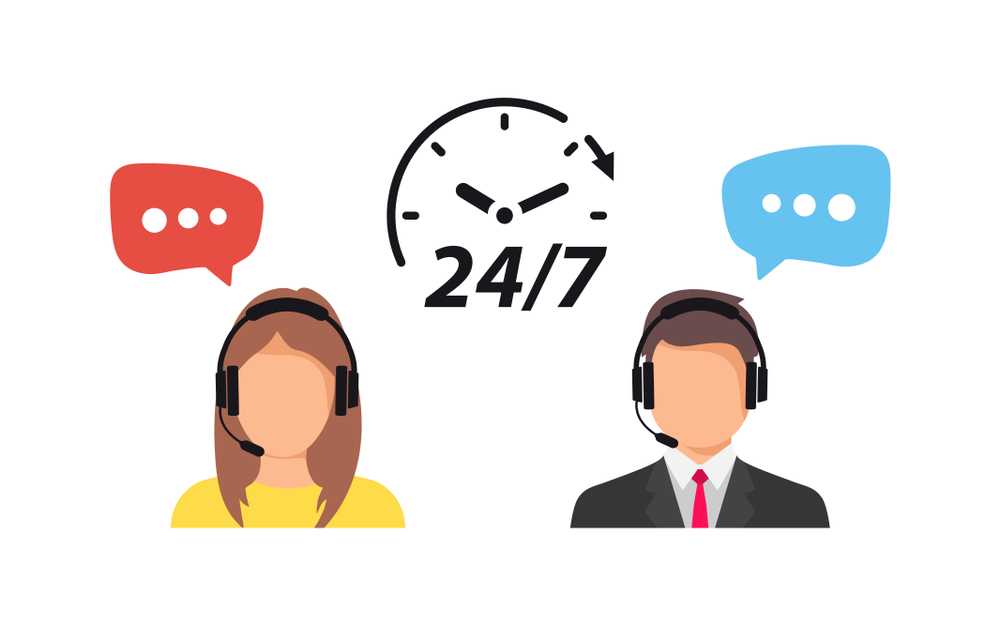As the world becomes more connected, the demand for medical interpreter apps has grown significantly. These apps play a crucial role in facilitating communication between healthcare providers and non-English-speaking patients. However, providing effective customer support for a medical interpreter app is equally vital to ensure a seamless experience for users.
Understanding the Importance of Customer Support
Customer support serves as the backbone of any successful medical interpreter app. It’s not just about troubleshooting technical issues; it’s about understanding the user’s needs, providing assistance, and addressing their concerns promptly.
Good customer support builds trust and loyalty among users, leading to positive reviews and word-of-mouth recommendations.
The Basics of Customer Support for Medical Interpreter Apps

In order to provide professional customer support to your users it is very important to have the necessary knowledge about the users and the app as well.
Let’s explore some of the basic rules that you need to provide for customer support for the medical interpreter app.
1. The Role of Empathy in Medical Interpreter App Support
Dealing with language barriers and medical situations can be challenging for users. Support staff must demonstrate empathy and understanding towards users’ concerns.
By putting themselves in the user’s shoes, support agents can provide more effective and personalized solutions. If the support team members have zero interest in users and their concerns it becomes very hard to effectively solve the problem.
So, it is very important for the support team to have empathy with the users. This will also make the customer more comfortable and can create honest users in the future.
2. Creating a Knowledge Base for Frequently Asked Questions

Developing a comprehensive knowledge base with frequently asked questions (FAQs) can significantly reduce the workload on the support team. Users can quickly find answers to common queries without waiting for support responses. The knowledge base should be well-organized and easily accessible from the app.
People do not like to ask for everything from customer support members, so it is a goo idea to develop a proper FAQ section where all the queries are properly answered.
3. Utilizing Live Chat Support
Integrating live chat support within the app can offer real-time assistance to users. This feature allows users to chat directly with support agents, leading to quicker issue resolution.
Live chat also provides an opportunity for a more interactive and conversational support experience. It is also good for those users who do not like reading instructions. They can just ask the customer support member whatever they want on a live call.
4. Offering 24/7 Support

Medical interpreter apps cater to users worldwide, which means different time zones and varying support needs.
Offering 24/7 support ensures that users can receive assistance whenever they require it, enhancing overall user satisfaction. If a user is calling and the team is missing that can create a trust issue.
Thus 24/7 customer support is of utmost importance.
5. Training Support Staff for Medical Industry Knowledge
Support agents must be well-versed in medical terminologies and industry practices. This knowledge is crucial for accurately addressing user inquiries related to medical situations.
Regular training sessions can keep support staff up-to-date with the latest trends and developments in the medical field.
If the support team does not have the necessary medical knowledge they will not be able to address the issues of the customers in a professional manner.
6. Enhancing User Experience through Feedback and Surveys

Feedback from users provides valuable insights into the app’s strengths and weaknesses. Implementing user surveys and feedback forms can help identify areas for improvement and tailor support services to better meet user expectations.
This can be done both online and offline by distributing survey papers among the users and asking them about their experience with the app.
7. Addressing Technical Issues Promptly
Technical issues can be frustrating for users, especially in critical medical situations. The support team must prioritize and resolve technical problems promptly to ensure uninterrupted app functionality.
If the technical issues are not dealt with efficiently it can even make people leave the app forever. So, it is very important to address the technical issues fastly and efficiently.
8. Implementing Multilingual Support

Since medical interpreter apps cater to diverse language groups, offering multilingual support is essential. Having support staff who can communicate in different languages helps create a more inclusive support environment.
9. Handling Sensitive Situations with Compassion
In medical settings, users may encounter sensitive and emotionally charged situations. Support agents should approach such situations with compassion and understanding, providing reassurance and support throughout the process.
Medical conditions are often very hard for people to deal with, so in such a situation, the support team need to make sure that everyone is taken care of with utmost respect. This can enhance the reputation of the parent company and can also attract more users.
10. Building Trust and Credibility

Trust is a fundamental aspect of any customer support service. By delivering consistent, reliable, and high-quality support, the medical interpreter app can build trust and credibility among its user base.
If the customer support team members are not communicating well or if they are lying about something this can be a major blow to the app and the company as well.
In order to maintain a loyal customer base it is important to have customer support members who are loyal and also professional in their dealings with the clients.
11. Social Media Engagement for Support
Leveraging social media platforms for customer support can be beneficial. Users often turn to social media to seek assistance or share feedback. Engaging with users on these platforms helps build a stronger connection and showcases the app’s commitment to customer satisfaction.
In today’s digital world majority of the people use social media. They also try to seek assistance in different matters like medicine from these platforms so, it is always a good idea to approach people using different social media sites.
12. Handling App Reviews and Ratings

Monitoring app reviews and ratings are crucial for understanding user sentiments. Responding to both positive and negative reviews demonstrates attentiveness to user feedback and a willingness to improve.
If you are just responding and highlighting the positive reviews and ignoring the negative ones, this can have a very bad impression on the users.
It is important to tackle both positive and negative comments to make sure that people are dealt with respect and their queries are getting noticed.
Conclusion
Providing exceptional customer support for a medical interpreter app is indispensable in today’s globalized healthcare landscape. By incorporating empathy, building a knowledge base, offering live chat, ensuring 24/7 support, and training staff effectively, the app can deliver an unparalleled user experience.
FAQs
To determine if an interpreter is required, simply ask the client about their language preference and whether they are comfortable communicating in English.
When using phone interpreters, speak clearly, use short sentences, and allow pauses for translation to ensure effective communication.
Interpreter assistance involves providing language support to bridge communication gaps between individuals who speak different languages.
An interpreter should be used when the client’s language proficiency is limited, ensuring accurate and clear communication in crucial situations.







